Keywords: Elections
There are more than 200 results, only the first 200 are displayed here.
-
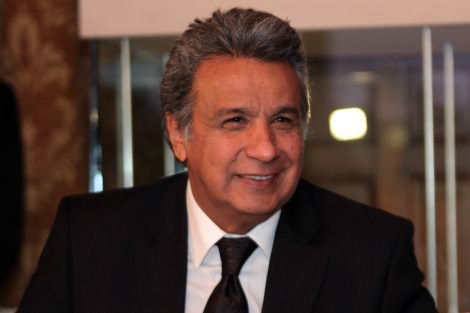
INTERNATIONAL
- Antonio Castillo
- 02 March 2017
5 Comments
Ecuadoreans will head back to the polls on 2 April after this month's presidential election didn't come up with an outright winner. Against all projections Socialist Lenin Moreno, who served as Rafael Correa's vice president from 2007 to 2013, did very well. While he fell short of winning, there is a sense that the Ecuadorean 21st century socialism, an economic and political model instigated by Correa, is still popular; and in this Andean country of 15 million the majority are poor.
READ MORE 
-
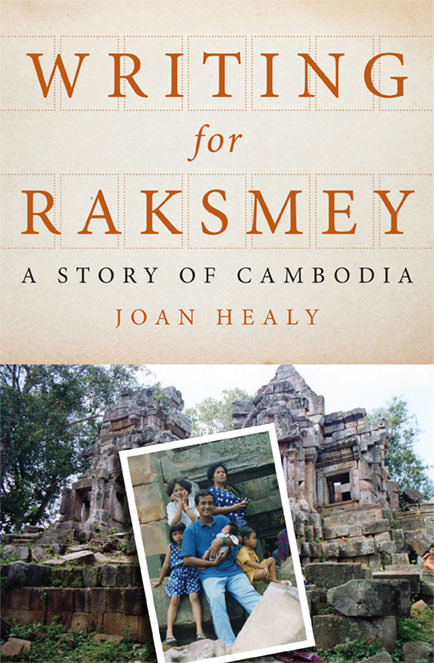
INTERNATIONAL
- Andrew Hamilton
- 29 November 2016
3 Comments
I spent some summers in the border camps around the same time as Healy. This was life-changing: it made me subsequently look at policies from the perspective of those affected by them. But on reading these stories told by from the perspective of the Khmer people I recognised how much of their life I had not noticed. This gap between perception and reality may be pertinent to reflection on how we are to respond to the startling recent shifts in our world and to the brutality that runs through them.
READ MORE 
-

AUSTRALIA
- Fatima Measham
- 27 October 2016
7 Comments
Unless you have lived elsewhere, where taxes and rates rarely manifest as a tangible and permanent benefit, it is easy to take councils for granted. I grew up in a town where potholes are forever, healthcare is ad hoc and libraries are private. The things that I see my local council do as a matter of routine are wild luxuries in other places around the world. Such competencies arguably measure the health of a democracy - it means that most of the money has not been lost to corruption and fraud.
READ MORE 
-

INTERNATIONAL
- Gillian Bouras
- 21 October 2016
8 Comments
Before I turned five, I was in the serried Monday morning ranks of children who had to swear, among other vows, to honour the flag. Years later I watched, shocked, as a Greek friend burst into tears at the sight of the emblematic blue and white stripes at a soccer match: big, strapping Panayiotis sobbed helplessly for quite some minutes. Today the American elections are almost upon us, and Old Glory has naturally been very much in evidence throughout this most gruelling and worrying of campaigns.
READ MORE 
-
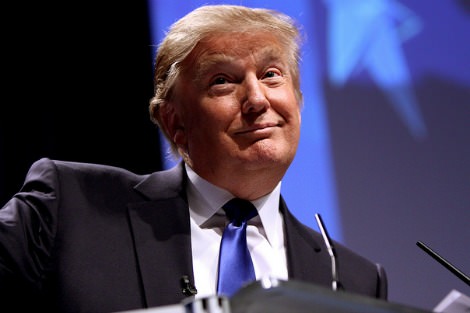
AUSTRALIA
- Fatima Measham
- 16 October 2016
12 Comments
Much has been made about how Republicans benefited from the 'birther' campaign and the Tea Party. It suited them to have proxies undermine the executive branch. In other words, the political right only has itself to blame for the nihilism which now engulfs it - and potentially, the nation. But the failures of the left also bear examination. While Clinton's current lead cannot be attributed entirely to her virtues, the polling gap between her and Trump should have been much wider, earlier.
READ MORE 
-

AUSTRALIA
- Bronwyn Lay
- 09 September 2016
17 Comments
When I read this week that Tony Abbott and John Howard will hear no talk of a Treaty with Aboriginal Australia, my first thought was 'Who listens to these blokes from ancient political history?' Abbott conceded that it is important to recognise Indigenous Australians were here first, 'But once it goes beyond that I think you open up all sorts of other things.' That is true, and those other things to be opened up are incredibly legally exciting and relevant to our times.
READ MORE 
-
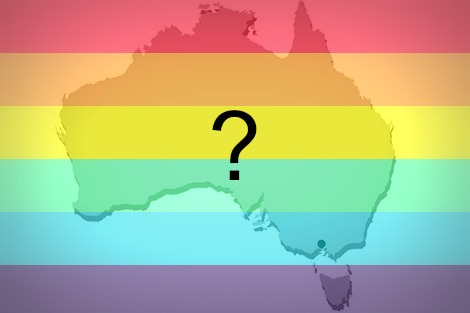
AUSTRALIA
- John Warhurst
- 31 August 2016
17 Comments
If the plebiscite bill is defeated in parliament Labor, the Greens and Nick Xenophon will bear responsibility for not taking the opportunity offered even if it is in their view a second-best option. The government is already labelling them as same sex marriage wreckers. Yet if before too long a parliamentary alternative, such as a free vote, is found to advance the cause of same sex marriage then the rejection of the plebiscite option will come to be applauded as a master stroke.
READ MORE 
-
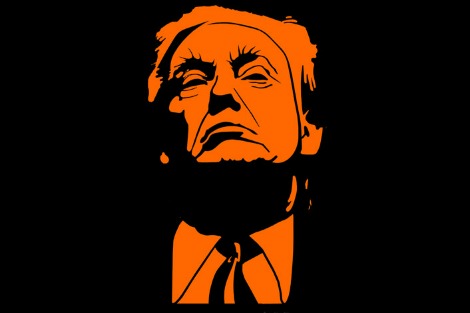
INTERNATIONAL
- Jim McDermott
- 24 August 2016
5 Comments
Maybe standing there we weren't afraid about the fight that was happening across the street, but the fraying at the edges that it represents, the insecurity that the gospel both of Trump and against Trump seems to be creating in our society. It echoes the insecurity we hear in the Brexit vote, and the treatment of both ethnic British citizens and immigrants that followed. Likewise, the resurrection of Pauline Hanson and her One Nation party. None of it sounds good and where is it all going?
READ MORE 
-
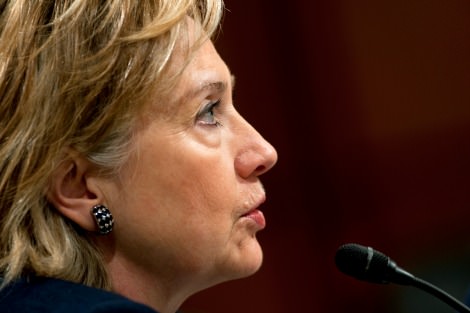
INTERNATIONAL
As the US goes through its convention season, it is becoming increasingly clear that the choice is between someone spouting decidedly undemocratic and possibly fascist rhetoric and someone for whom democratic decision-making is, at best, something to be evaded with as little scrutiny as possible. Both parties are moneyed and both seek foreign scapegoats upon which to direct media attention. November is shaping up to provide a distinctly unpalatable choice.
READ MORE 
-
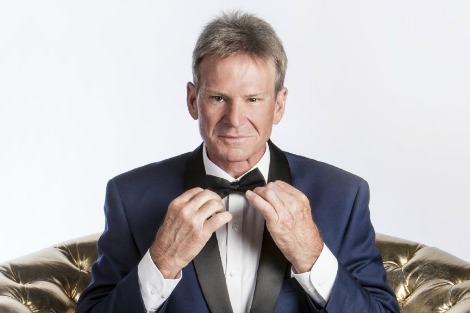
AUSTRALIA
- Jeff Sparrow
- 30 June 2016
8 Comments
Last week Sam Newman said he'd been approached to run for mayor in Melbourne on a 'Donald Trump-like anti-political correctness platform'. The announcement raised an interesting question: where's the Trump, or Sanders for that matter, in the Australian election? Richard Di Natale has articulated a vision of the Greens as 'the natural home of progressive mainstream Australian voters', yet we might equally say that he embraced politics-as-usual just as politics-as-unusual began to manifest everywhere.
READ MORE 
-
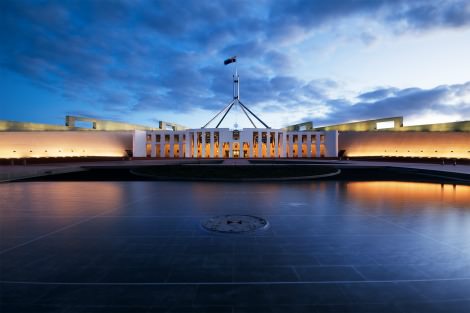
RELIGION
- Andrew Hamilton
- 30 June 2016
8 Comments
During the campaign neither of the major parties addressed seriously the major challenges facing Australia: climate change, inequality and the forced movement of peoples. That makes it inevitable that following this election, sovereignty, mandates and other weighty words will continue to dominate public conversation. They usually function as political knives to cut through the messiness of our democratic order. But they also carry a theological weight that may illuminate our present condition.
READ MORE 
-
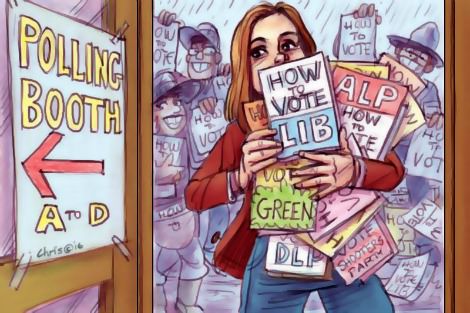
AUSTRALIA
- Neve Mahoney
- 29 June 2016
18 Comments
Honestly, I could talk all day about how growing up with Rudd/Gillard/Rudd followed by Abbott/Turnbull turned a generation away from politics. I could talk even longer about how seeing (mostly) white, (mostly) male politicians is its own form of alienation. But if I'm going to be the possible swing vote, the homogenous 'youth vote', I'm going to make it count. I know that I can't afford to disconnect; if for nothing else, I need to vote for the people who can't.
READ MORE 